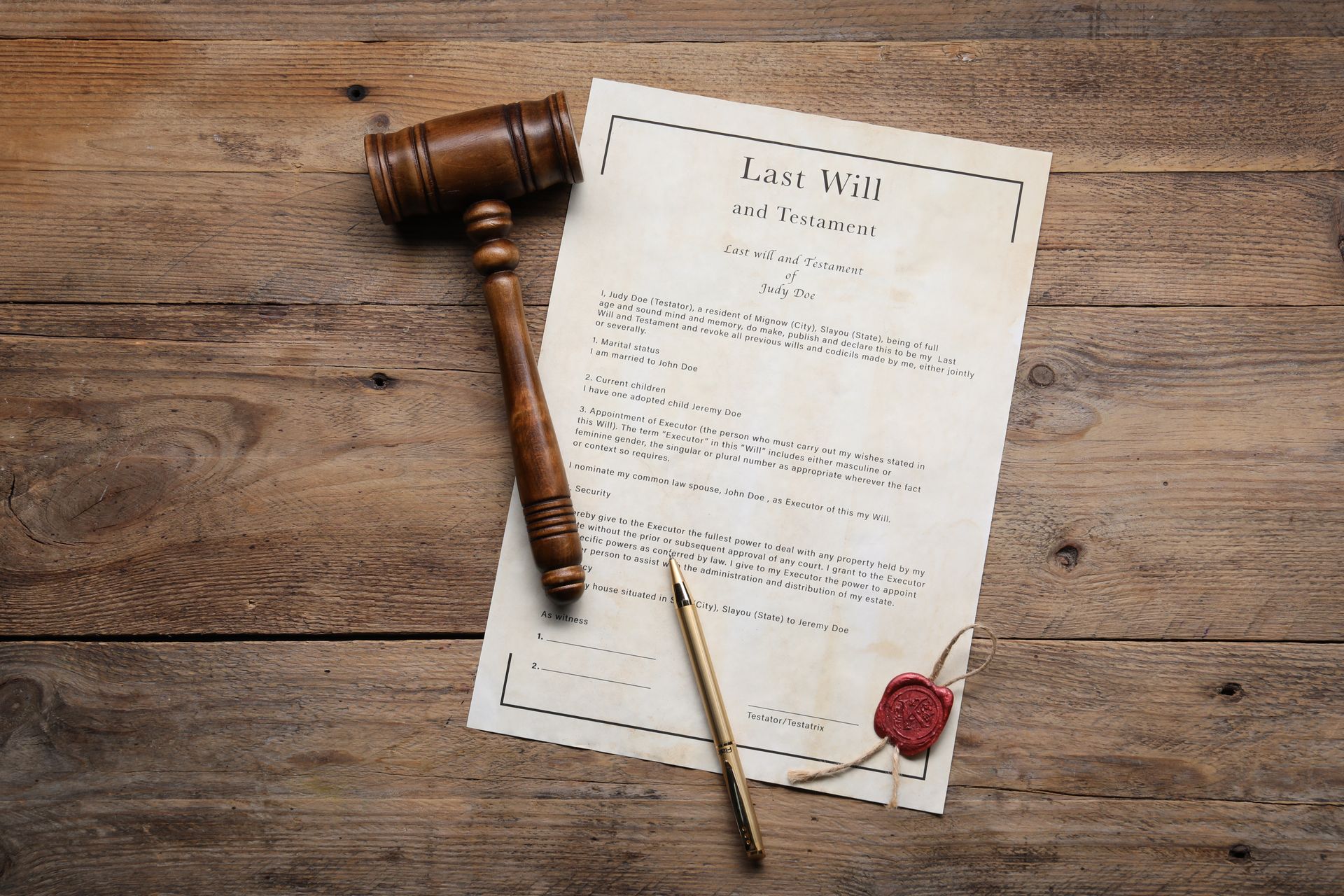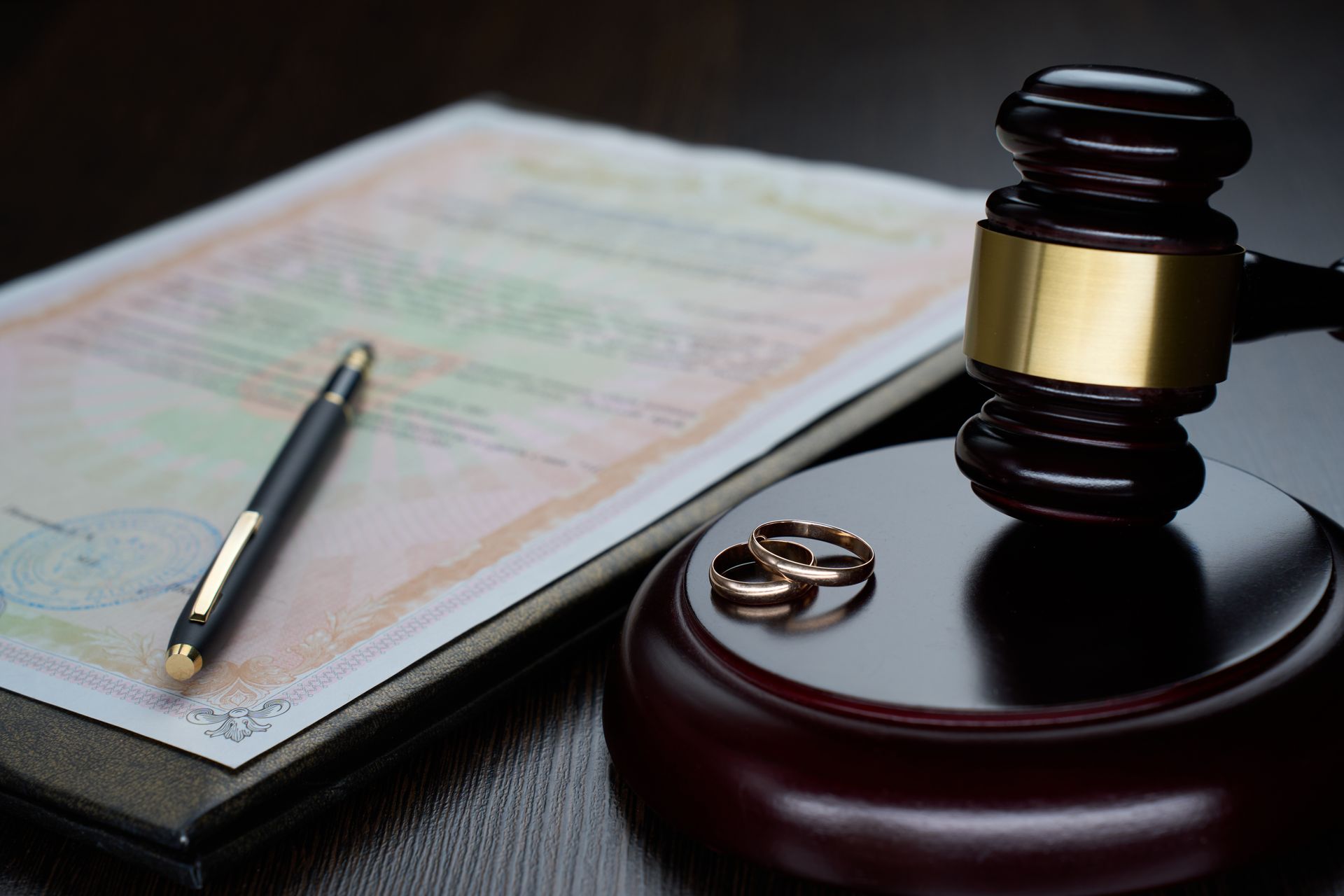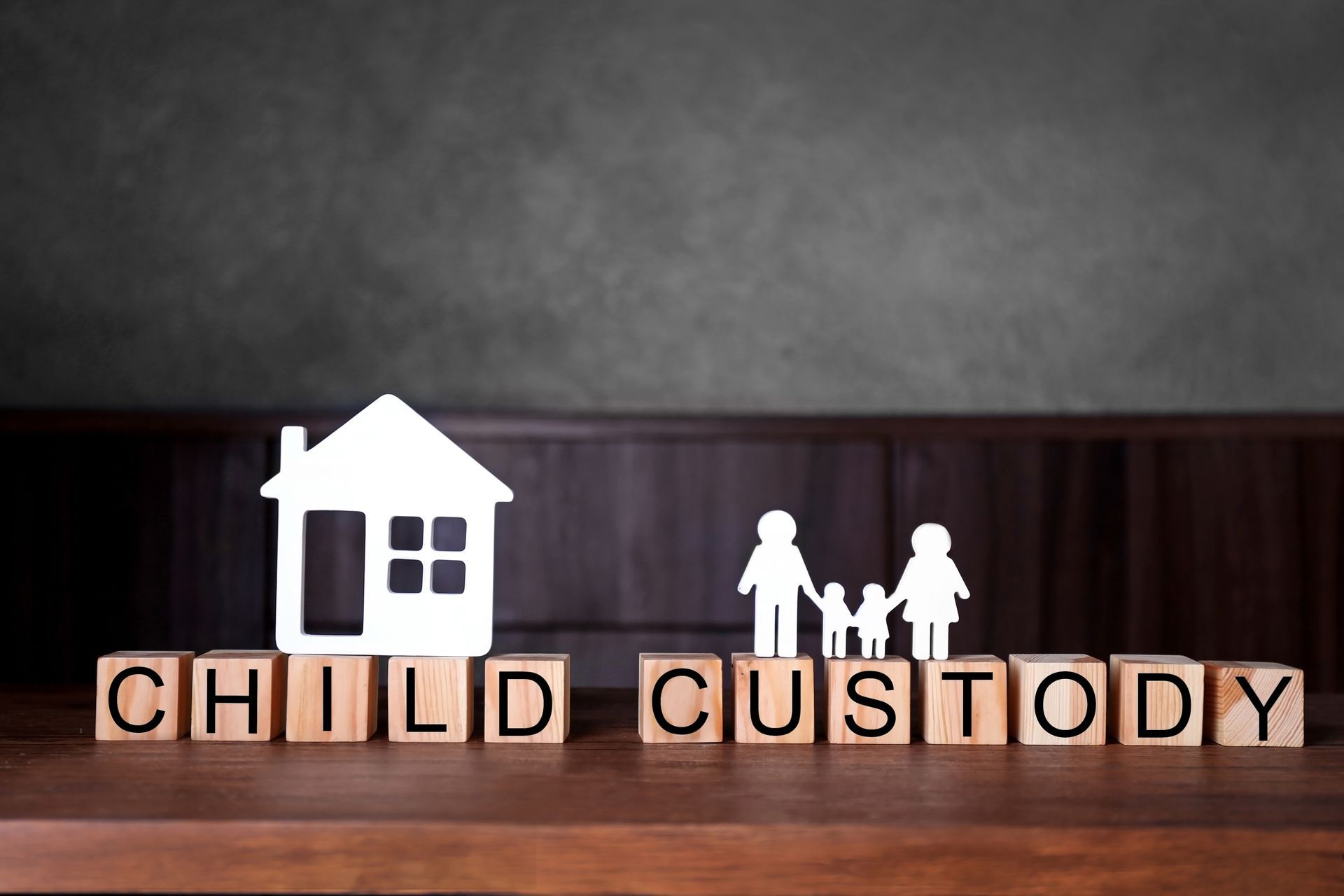Do You Need a Will in Pennsylvania? Why Estate Planning Shouldn’t Wait
Estate planning isn’t just for the wealthy or elderly. It’s something every adult in Pennsylvania should consider, especially if you have children, own property, or want to control what happens to your assets after you pass. Creating a will is one of the most important steps you can take to protect your family, make your wishes known, and prevent unnecessary stress for your loved ones down the road.
This article is not legal advice. Everyone’s situation is different, and Pennsylvania estate laws have specific requirements that need to be reviewed by a qualified attorney. If you’re in Allegheny County or nearby areas, Gaydos Law provides estate planning services that can help ensure your affairs are in order.
What a Will Actually Does
A will is a legal document that outlines how your assets should be distributed when you pass away. It lets you choose who gets what, who will manage your estate, and who will care for your minor children if applicable. Without a will, the court will make these decisions for you based on Pennsylvania’s intestacy laws.
In your will, you can name an executor. This is the person who will carry out your instructions, pay any remaining debts or taxes, and ensure your property is distributed properly. You can also designate guardians for your children, which is one of the most important reasons young parents should have a will in place.
What Happens If You Die Without a Will in Pennsylvania
If you pass away without a will, Pennsylvania’s intestate succession laws will determine how your assets are divided. The state has a specific order for who inherits, starting with your spouse and children. If you have no spouse or children, it moves to parents, siblings, and so on.
The process doesn’t take into account personal relationships, intentions, or wishes. Even if you’ve told someone what you want to happen, those conversations hold no legal weight without a written will. It also creates the potential for disputes among family members, especially if the estate is significant or complicated.
For blended families, unmarried couples, or individuals with estranged relatives, dying without a will can cause unintended outcomes. A formal estate plan ensures that your voice is heard, even when you’re not there to speak for yourself.
How to Know If You Need a Will
Most people assume estate planning is only for retirees or people with substantial wealth. But anyone who owns property, has children, or wants to avoid confusion after death should consider having a will. Common signs that you may need one include:
- You own a home or other real estate
- You have bank accounts, investments, or retirement funds
- You have minor children and want to name a guardian
- You want to leave property to someone outside your immediate family
- You have specific wishes about funeral arrangements or asset distribution
Even if your financial situation seems simple, a will can help clarify your intentions and make the process easier for your loved ones. It doesn’t need to be long or complex, but it should be legally valid under Pennsylvania law.
Can You Write Your Own Will in Pennsylvania
Technically, Pennsylvania allows handwritten wills, also known as holographic wills, as long as they meet certain criteria. But just because something is legal doesn’t mean it’s ideal. Mistakes in wording, missing signatures, or unclear instructions can lead to disputes or make the will invalid.
Working with an experienced estate planning attorney helps ensure your will meets all legal requirements and fully reflects your intentions. Gaydos Law regularly helps clients in the Pittsburgh area draft wills, powers of attorney, and other estate documents with clarity and confidence.
Other Documents to Consider in Your Estate Plan
A complete estate plan goes beyond just a will. Depending on your circumstances, you may want to include:
- A durable power of attorney to name someone who can handle financial matters if you’re unable to do so
- A healthcare power of attorney to name someone who can make medical decisions on your behalf
- A living will or advance healthcare directive to state your wishes regarding life-sustaining treatment
- A trust to manage and distribute assets in a more controlled or tax-efficient manner
These documents can help avoid confusion, reduce the burden on your family, and prevent court intervention during difficult times. Every family is different, so it’s worth having a conversation with a legal professional to determine what’s right for your situation.
How Often Should You Update Your Will
A will is not something you write once and forget about. It’s a living document that should be reviewed periodically, especially after major life changes. Events that may require updates include:
- Getting married or divorced
- Having a child or adopting
- Buying or selling significant property
- Moving to a new state
- A death in the family
- A change in financial circumstances
Even if nothing significant has changed, it’s a good idea to review your will every few years to ensure everything is still accurate. An outdated will can be just as problematic as having no will at all.
Choosing the Right Executor
The executor of your will plays a critical role in handling your estate after you’re gone. This person should be someone you trust, who is organized, responsible, and capable of handling financial tasks. Many people choose a spouse, adult child, or close friend, but you can also name a professional if needed.
Make sure you speak with the person ahead of time and confirm that they’re willing to serve. Being an executor is a serious responsibility, and it helps if they understand what the role involves. Your attorney can help explain their duties and provide tools to assist them when the time comes.
Avoiding Probate Problems
One of the benefits of having a proper estate plan is avoiding unnecessary delays or issues during probate. Probate is the legal process of validating a will and overseeing the distribution of assets. While not always avoidable, a well-drafted will can streamline the process and reduce the chances of disputes or court involvement.
Gaydos Law assists families throughout Allegheny County with probate administration and estate matters. Whether you're planning your estate or handling a loved one’s affairs, their team provides guidance to make the legal side of things easier to manage.
Start the Conversation Early
Thinking about the end of life isn’t easy, but estate planning is really about peace of mind. It’s a way to protect your loved ones, preserve your legacy, and ensure that your affairs are handled the way you want. The sooner you put a plan in place, the more control you have.
Gaydos Law offers estate planning services to clients across Western Pennsylvania. Whether you need a simple will or a more comprehensive strategy, their attorneys can help you take the next step.
This article is for general information only and is not legal advice. For help creating or reviewing your estate plan,
contact Gaydos Law to schedule a consultation.














